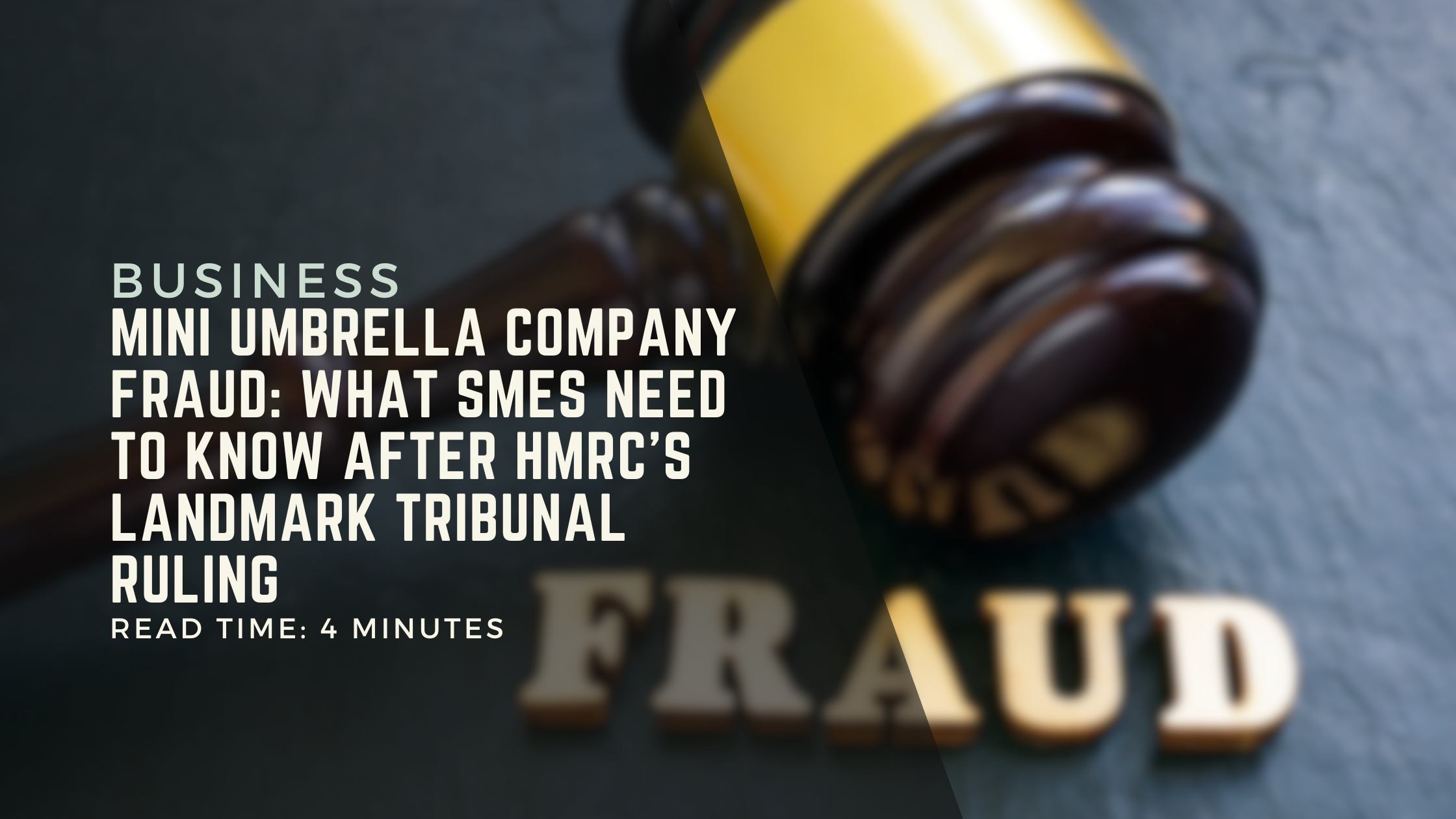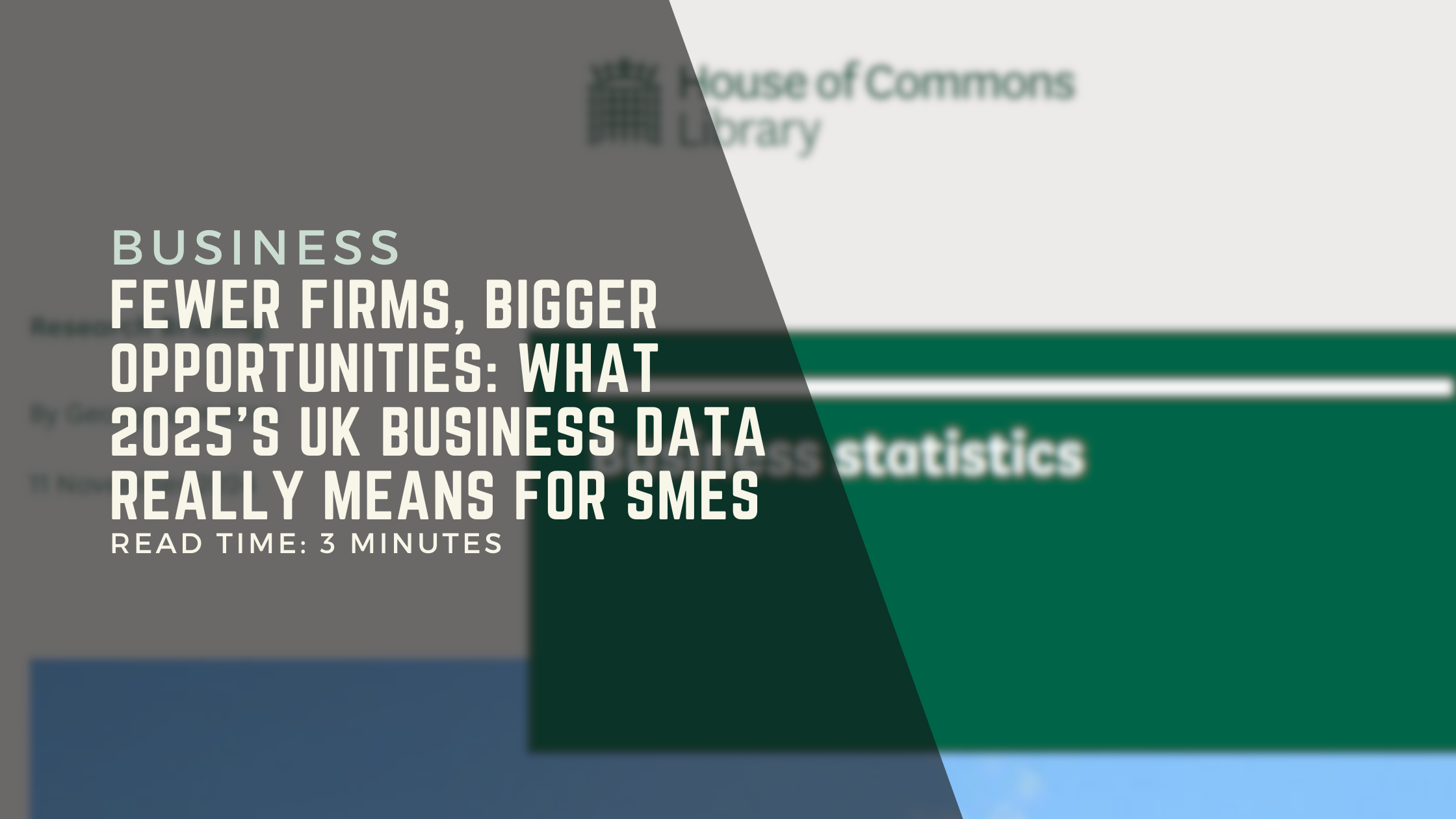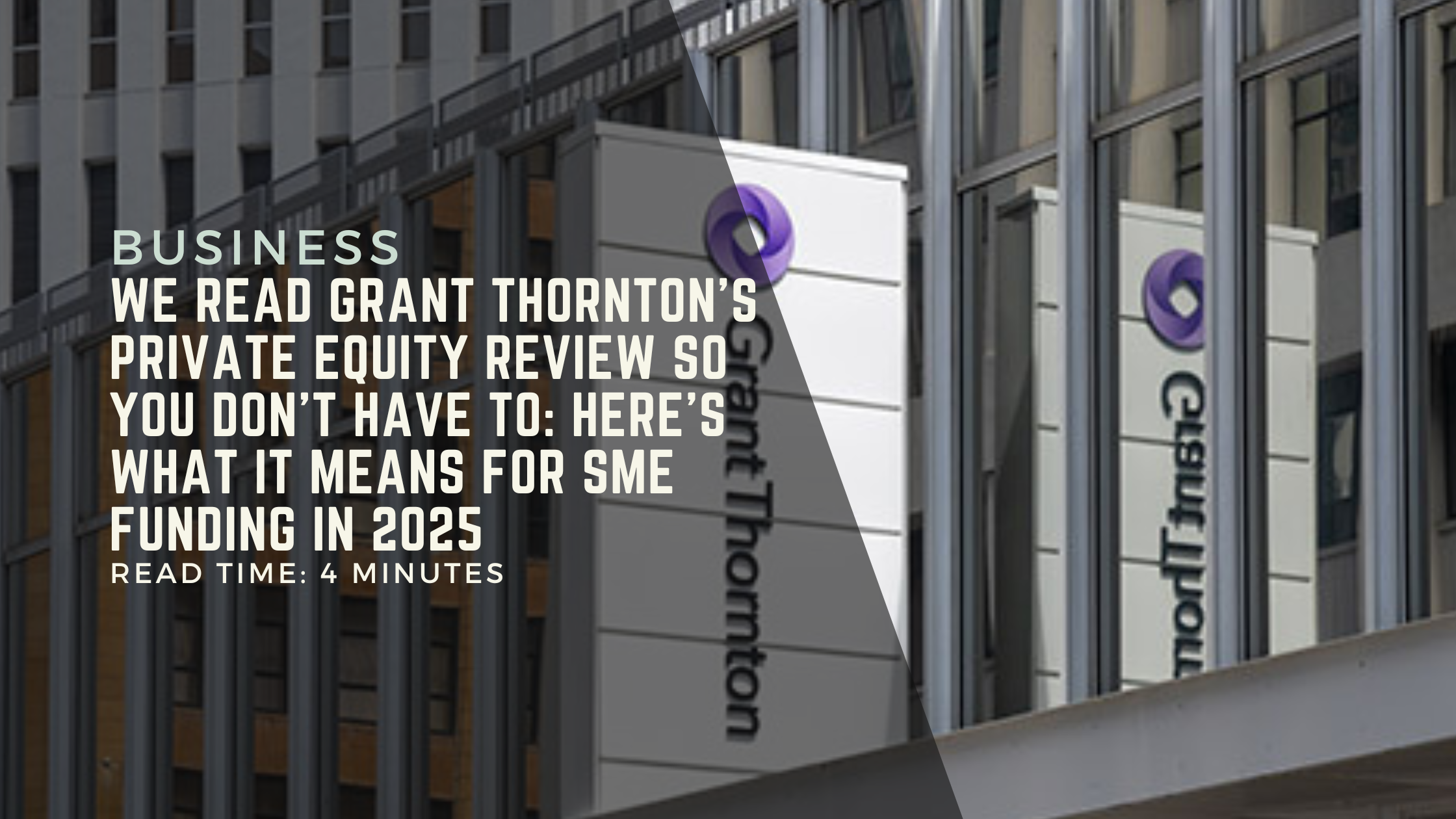On 17 July 2025, HMRC secured a major win in the Upper Tier Tribunal, confirming that mini umbrella company models used to exploit the VAT Flat Rate Scheme and Employment Allowance were fraudulent.
This ruling is part of a much broader shift in HMRC’s approach. The department has significantly increased staffing in compliance and enforcement teams, and its messaging is clear: businesses should not expect the same leniency seen during the COVID-19 era. HMRC is now pursuing every avenue, from PAYE disputes to umbrella fraud, to ensure tax is properly paid.
For SMEs using recruitment agencies or umbrella companies, it’s no longer enough to assume compliance. The liability is shifting, and HMRC has the resources to act decisively.
What Is Mini Umbrella Company Fraud?
Mini umbrella company (MUC) fraud involves splitting a workforce into multiple small companies to exploit reliefs designed for genuine small businesses. Common tactics include:
Abusing the VAT Flat Rate Scheme to reduce VAT liabilities.
Exploiting the Employment Allowance to cut National Insurance costs.
Concealing true employer responsibilities to minimise tax.
Workers are often unaware they’re involved, but SMEs can find themselves exposed if they use agencies or intermediaries that rely on these models.
The Tribunal Case: Why It Matters
The tribunal confirmed that MUCs were fraudulent. This gives HMRC stronger powers to:
Deregister MUCs from VAT, cutting off the fraud at source.
Pursue civil and criminal action against promoters and participants.
Shift liability onto agencies, or end clients, that benefit, knowingly or not.
The message to businesses is blunt: HMRC has the tools and the mandate to clamp down, and ignorance will not be a defence.
What This Means for Businesses
If You Use Recruitment Agencies
From April 2026, agencies will be directly liable for ensuring worker tax is correctly paid.
However, SMEs cannot be complacent: association with a non-compliant agency could still harm reputation or trigger investigation.
If You Hire Contractors or Temps Directly
Without an agency, the liability falls on you.
SMEs must verify employment arrangements, contracts, and payslips carefully.
Practical Risks
Unexpected HMRC bills if fraud is uncovered.
Reputational damage from being linked to non-compliant practices.
Workforce disruption if agencies are deregistered or wound down.
Part of a Wider Crackdown
The mini umbrella company ruling is not an isolated move. It fits into a wider HMRC strategy of making businesses more accountable for compliance across the board:
PAYE: A new digital process for disputes, replacing helplines.
Benefits & Expenses: Stricter deadlines and no tolerance for late or informal submissions.
Tax Avoidance: Public “Spotlights” naming schemes and warning users of penalties.
Staffing: Significant investment in compliance staff, enabling deeper investigations.
The takeaway is clear: the era of flexibility and forbearance during the pandemic is over. HMRC is stepping up enforcement on multiple fronts, and businesses need to expect more scrutiny, not less.
How You Can Stay Compliant
Check your supply chain – Ask agencies to confirm their compliance processes.
Review payslips and contracts – Watch for red flags such as frequent company changes or odd tax deductions.
Use HMRC guidance – Take advantage of published resources on spotting umbrella fraud.
Document due diligence – Keep a record of checks carried out to demonstrate compliance.
Avoid “too good to be true” labour supply deals – cut-price staffing often signals hidden risk.
Compliance Is Tightening
The crackdown on mini umbrella company fraud is a clear warning: HMRC expects employers of all sizes to take responsibility for compliance.
For SMEs, the days of assuming leniency are over. Whether you work with recruitment agencies or hire contractors directly, the burden now falls on you to check arrangements and protect your business.
The safest way forward is proactive: build compliance checks into your hiring processes now. In today’s environment, waiting for HMRC to catch up is no longer an option.








